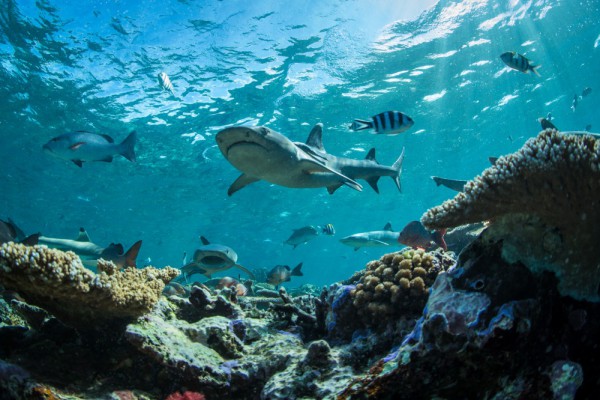Arrangement Will Protect 770,000 Square Miles Of Ocean, Working With World’s Governments


The Society plans to help assign more than 20 new submerged regions as marine saves in the following five years.
“Saving our seas is key for securing biodiversity,” previous President Bill Clinton said as he reported the Society’s deliberations at the Clinton Global Initiative in New York on Monday.
“The sea is the world’s biggest common asset,” Clinton said, noting that it helps more than $20 trillion to the worldwide economy. Yet, “human effect on the sea is obvious.”

The stretched exertion will expand on National Geographic’s Pristine Seas venture, which has financed 10 experimental campaigns to remote ranges of sea far and wide, incorporating in the South Pacific and off Africa, Russia, and South America. New exertions will focus on the Seychelles—an archipelago in the Indian Ocean—northern Greenland, and South America’s Patagonia area, Clinton said.
As an aftereffect of the program’s work, government pioneers have secured ranges in the United States, Chile, Kiribati, and Costa Rica that cover more than 150,000 square miles (around 400,000 square kilometers).
“A couple of nation pioneers have as of now indicated gigantic initiative in sea preservation by making the biggest marine no-take zones ever,” says Enric Sala, a National Geographic Explorer-in-Residence who propelled Pristine Seas in 2009.
“National Geographic Pristine Seas and our accomplices are eager to motivate different pioneers to ensure what’s basic: the last wild places in the sea.”
Terry Garcia, National Geographic’s boss science and investigation officer, indicated overfishing, contamination, and environmental change as real dangers confronting the sea.
On the off chance that the crusade is fruitful, it will help nations meet the United Nations Convention on Biological Diversity’s focus of ensuring 10 percent of the world’s seas by 2020.
The Pristine Seas group is now living up to expectations with national governments to help them make a few new marine stores. One would stretch the Pacific Remote Islands Marine National Monument in U.s. waters, making it the biggest locale of secured zone anyplace on the planet, ashore or ocean.
An alternate Pristine Seas task would make a store around the United Kingdom’s Pitcairn Islands.
Accomplices declared for Pristine Seas incorporate the Waitt Foundation, Prince Albert of Monaco, the Leonardo Dicaprio Foundation, the Jynwel Foundation, the Leona and Harry Helmsley Charitable Trust, Blancpain, Davidoff Cool Water, Lindblad Expeditions, Dynamic Planet, previous President José María Figueres of Costa Rica, and individual donors.
